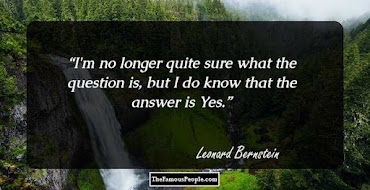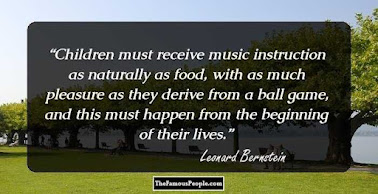Have you considered how much of your life, your actions, your daily activities, your hopes, dreams and plans, are based on an assumption that any of it matters? Whether it matters to you or your loved ones or some stranger doesn’t matter— we go ahead with what we’re doing “as if” it matters. That’s what keeps us going. The fantasy that it matters (to whom?) that you finally lost five pounds, that you made progress on the Mozart Piano Sonata, that you found the perfect piece of furniture to complete your living room is just that—a fantasy.
For if we ever paused to think about it, we would be immobilized by the greater truth, the brutal reality, the crushing realization, that in the big picture, none of it matters. Not a bit. Who cares that one of your books is out of print and needs reprinting, but while the layout person has the text, he doesn’t have the cover image and the person who did that retired 10 years ago and doesn’t have the file? Why drive all the way to school to pick up the last copy of the book and drive to Berkeley to bring it to the new cover designer to scan, only to discover her scanner is too small for the book size? What’s the point of happily discovering that your scanner has a feature that increases the resolution when it consistently cuts off 1/8 of an inch of the 9 by 12 book at the bottom? Why bother to spend over an hour at Kinko’s trying to scan it more professionally and keep at it even when their scanner keeps getting the size wrong? Why go through the infuriating confusion when it finally works and is sent to your e-mail, but doesn’t arrive in your e-mail? Should you really persevere , bike back to Kinko’s and have the worker try it on another machine, finally see it arrive on your phone 15 minutes later and then go home to send it to your new cover designer and find it has disappeared on your computer? Not in new mail, old mail or spam, but then, YES! there it is in recently deleted (and who deleted it? Not me!) and finally, after miles of bike riding and driving and time spent that you had hoped to enjoy in the Park, why bother sending it to your new cover designer only to discover that is .6MB under the limit that can be sent by e-mail and you’ve been typing this for twenty minutes while the “sending” button swirls around? So now you probably have to upload it in Google Drive and then re-send and don’t forget to press “anyone with the link” or you’ll have to send it again.
And since the 2000 copies in the first printing in 2008 sold out by the second printing in 2012 after four years on the market, now it took ten years to sell out again and does anyone really care anymore? Why am I determined to keep climbing over obstacle after obstacle set in a path that should have been really simple? And who is putting those obstacles there and why? If they wanted to drive me crazy, they’ve succeeded. Test my commitment, well, that too. See how serious I am in my fantasy that the work collected in the book from, at the time of the printing, some 33 years of teaching, matters enough to keep sharing it. Well, either that or just some habitual stubbornness that I will not be defeated by the gods of minor mishaps, even when they come in a maddening series of little catastrophes.
Still sending, sending, sending, meaning not sending, so it’s off to Google Drive I go. But maybe, just maybe, I’ll take a little walk first. “As if” that matters.

